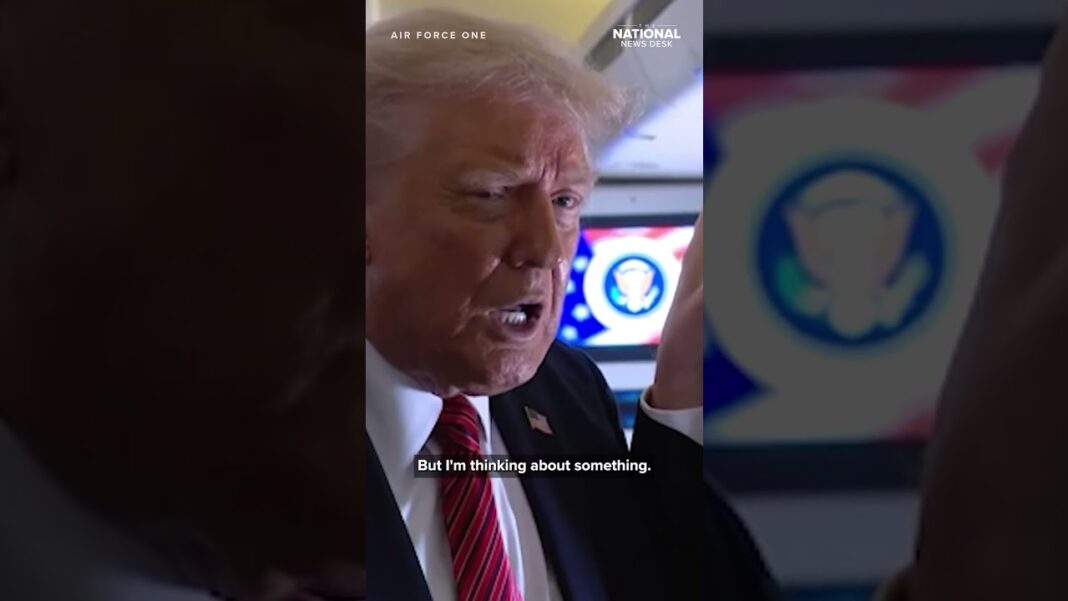A group of small businesses challenged the president’s use of the International Emergency Economic Powers Act.
The U.S. Court of International Trade heard arguments on May 13 from the Trump administration and a group of small businesses, which alleged that the president’s tariffs were illegal and inflicted economic harm.
It’s unclear how the court will rule on the issue, which stems from President Donald Trump’s reciprocal tariffs and other levies seeking to address trade imbalances with foreign nations.
In April, Trump invoked the International Emergency Economic Powers Act, stating that recent and persistent trade deficits threatened national security.
That law says the president can regulate imports under extraordinary circumstances, such as a national emergency.
During the argument on May 13, Justice Department attorney Eric Hamilton told a three-judge panel not only that the law allowed Trump to impose tariffs but also that his decision to do so was not something courts could review.
Jeffrey Schwab, who argued for the businesses, alleged that Trump was engaging in an unprecedented expansion of executive authority.
Schwab added that the administration’s “position would allow the president to impose tariffs on any country at any rate, any time, simply by declaring a national emergency, without meaningful judicial review.”
The judges asked about how far they should go in questioning Trump’s basis for invoking the law.
At one point, Judge Jane Restani pressed Schwab for a legal standard or basis for judging whether there actually was an emergency that allowed Trump to invoke the law.
She also asked Hamilton whether the president could declare an emergency based on a national shortage of peanut butter.
“What you’re saying is there’s no limit,” she said, prompting a denial from Hamilton.
In announcing his global tariffs, Trump said on April 2, “Large and persistent annual U.S. goods trade deficits have led to the hollowing out of our manufacturing base; inhibited our ability to scale advanced domestic manufacturing capacity; undermined critical supply chains; and rendered our defense-industrial base dependent on foreign adversaries.”
By Sam Dorman







